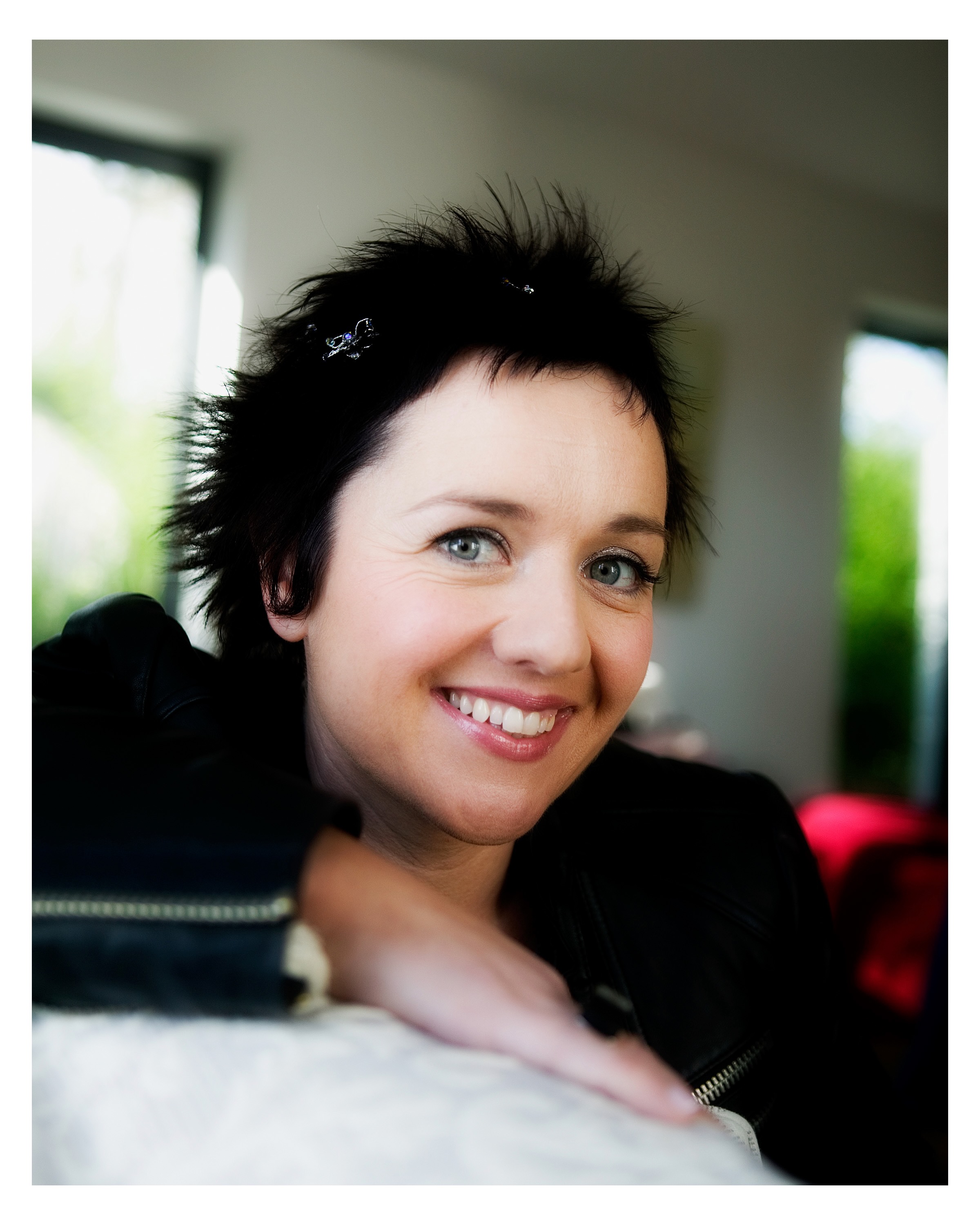News
The Happy Talk project, funded by the HRB DIFA awards

Dr Pauline Frizelle has been awarded funding for the The Happy Talk project, funded by the HRB DIFA awards (Definitive Intervention and Feasibility Awards) (circa 1.3 mil.). The proposed study aims to build on our pilot trial by 1) completing a much larger study where children’s allocation to the programme will be decided randomly and where we will look at costs and benefits on a larger scale; 2) identifying key features that support successful application of the programme in the real world and incorporating these into future roll-outs; 3)learning how to make Happy Talk work in a range of contexts.
Title: Implementing a targeted selective speech, language, and communication intervention at scale - the case of Happy Talk
The social gradient in child language abilities is well established in the literature with studies showing that in areas of social disadvantage up to 40–50% of children are entering preschool with speech and language skills significantly poorer than would be expected for their age. Interventions aimed at reducing this gradient include those focusing on increasing parental responsiveness as well as professional development programmes in which early childhood educators are trained to create language rich environments and engage in responsive interactions.
While studies report relatively modest child language effects for each of these intervention approaches, few studies have examined the effects of simultaneously engaging parents and early childhood educators. In addition, there is a shortage of ‘real world’ effectiveness trials where the intervention is implemented by practitioners in the community rather than researchers.
The proposed study aims to build on a small-scale single blind effectiveness trial of ‘Happy Talk’, a community embedded, targeted selective SLT programme that simultaneously engages with parents and early childhood educators. Our pilot trial showed large effects on children’s understanding and moderate effects on overall language, for children from areas of social disadvantage. In addition, ‘Happy Talk’ was deemed to be feasible and acceptable to parents and staff and cost-effective, making it a suitable programme to be delivered at scale.
The proposed study aims to a) evaluate an at scale randomized control trial of ‘Happy Talk’ compared to usual care; b) complete a pre-trial process evaluation to inform intervention implementation – examining factors which promote parental engagement and partnership between SLTs and educators and incorporating these into SLT training and future rollouts of the programme; c) to complete a concurrent process evaluation from a realist perspective to examine how the mechanisms underpinning Happy Talk are influenced by the implementation context and therefore what would need to be considered for successful implementation across varied settings; d) establish barriers and enablers for clinicians in helping conduct trials and e) complete an economic evaluation in which the costs and benefits of ‘Happy Talk’ are compared to standard pre/school care.
